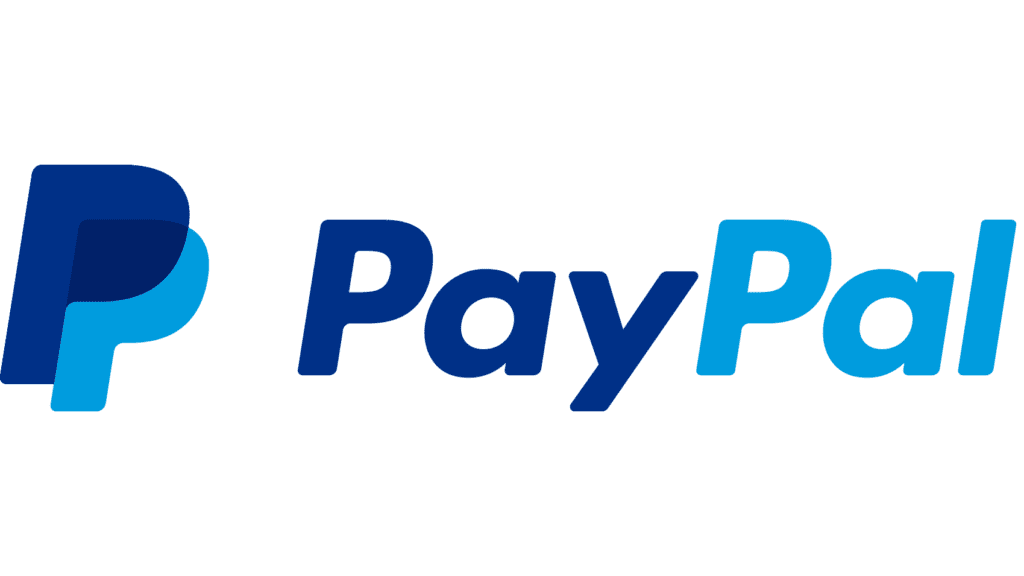Analysts from JPMorgan are indicating that the recent introduction of PayPal’s stablecoin might have a positive impact on the Ethereum ecosystem. However, some experts within the cryptocurrency sphere have raised concerns about PayPal’s choice of Ethereum for its PYUSD stablecoin.
According to JPMorgan, the launch of PayPal’s stablecoin this week has the potential to bolster Ethereum’s overall value locked, leading to an uptick in Ethereum’s activity and enhancing its role as a platform for stablecoins and decentralized finance (DeFi) projects.
JPMorgan analyst Nikolaos Panigirtzoglou stated, “This move could potentially stimulate Ethereum’s usage and further enhance its network utility as a platform for stablecoins and DeFi applications. Subsequently, various companies might have an increased inclination to select the Ethereum blockchain (including its layer two solutions) for their stablecoin ventures or decentralized initiatives.”
Moreover, JPMorgan suggests that Ethereum could derive additional benefits from introducing PYUSD. This stablecoin has the potential to fill the void created by the $20 billion reduction in Binance’s BUSD stablecoin, which was compelled to halt operations due to regulatory pressures in the United States. Panigirtzoglou noted that if PYUSD successfully occupies this void, it could shift the total value locked in DeFi from the Binance Smart Chain to the Ethereum blockchain or its associated layer 2 solutions.
Nevertheless, some experts in the cryptocurrency field are critical of PayPal’s choice of Ethereum due to the blockchain’s notable transaction fees. Jayendra Jog, co-founder of Sei Network, a Layer 1 blockchain network that aims to offer reduced transaction fees, voiced concerns about the potential gas fees associated with using PYUSD. Jog explained, “The gas fees incurred by utilizing PYUSD could be exorbitant, potentially discouraging its widespread adoption.
To enhance the user experience, PayPal might need to either subsidize transaction costs or consider supporting PYUSD on alternative networks with more economical gas fees.”
Panigirtzoglou and fellow JPMorgan analyst Mayur Yeole have suggested that PayPal’s foray into the stablecoin realm could foster synergies between payment networks within both the conventional financial sector and the decentralized finance arena.
However, it is crucial to highlight that the regulatory framework for stablecoin issuers remains pending in the United States. The more lenient compliance and regulatory structures currently enjoyed by fintech companies could potentially undergo modifications in the future, Panigirtzoglou and Yeole cautioned.
Reference












